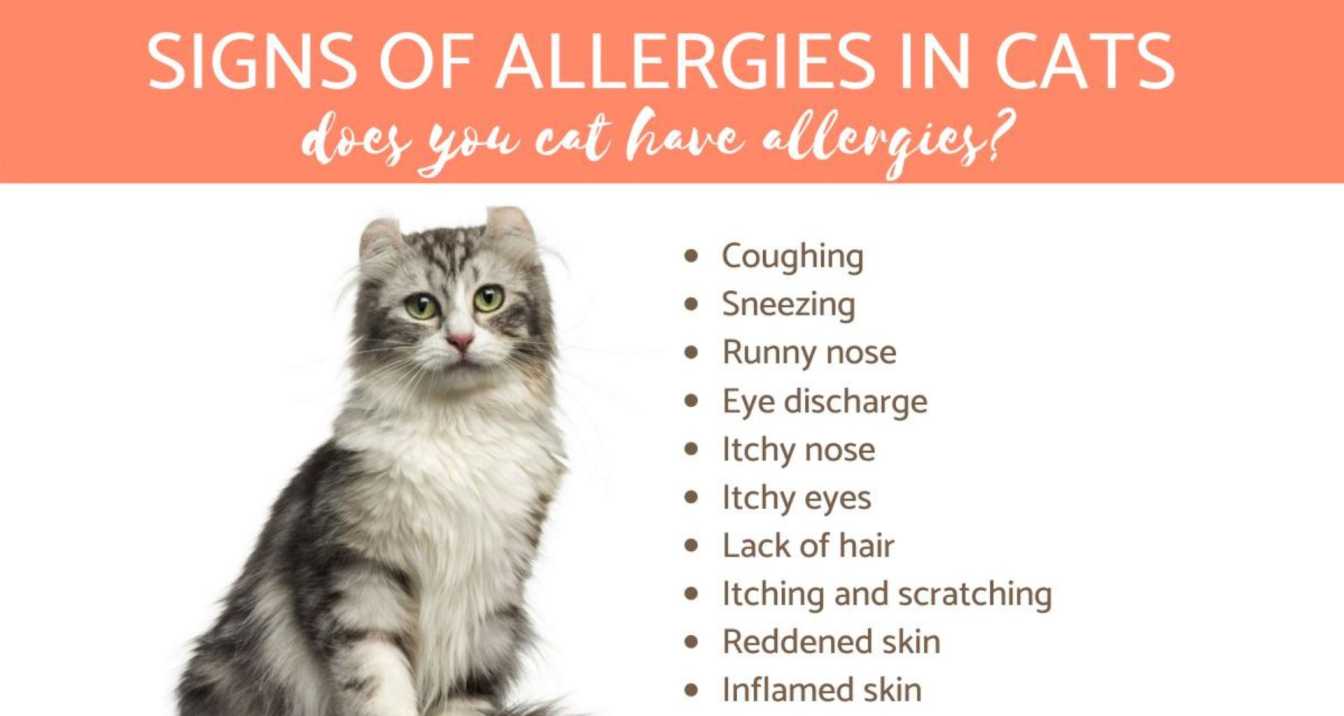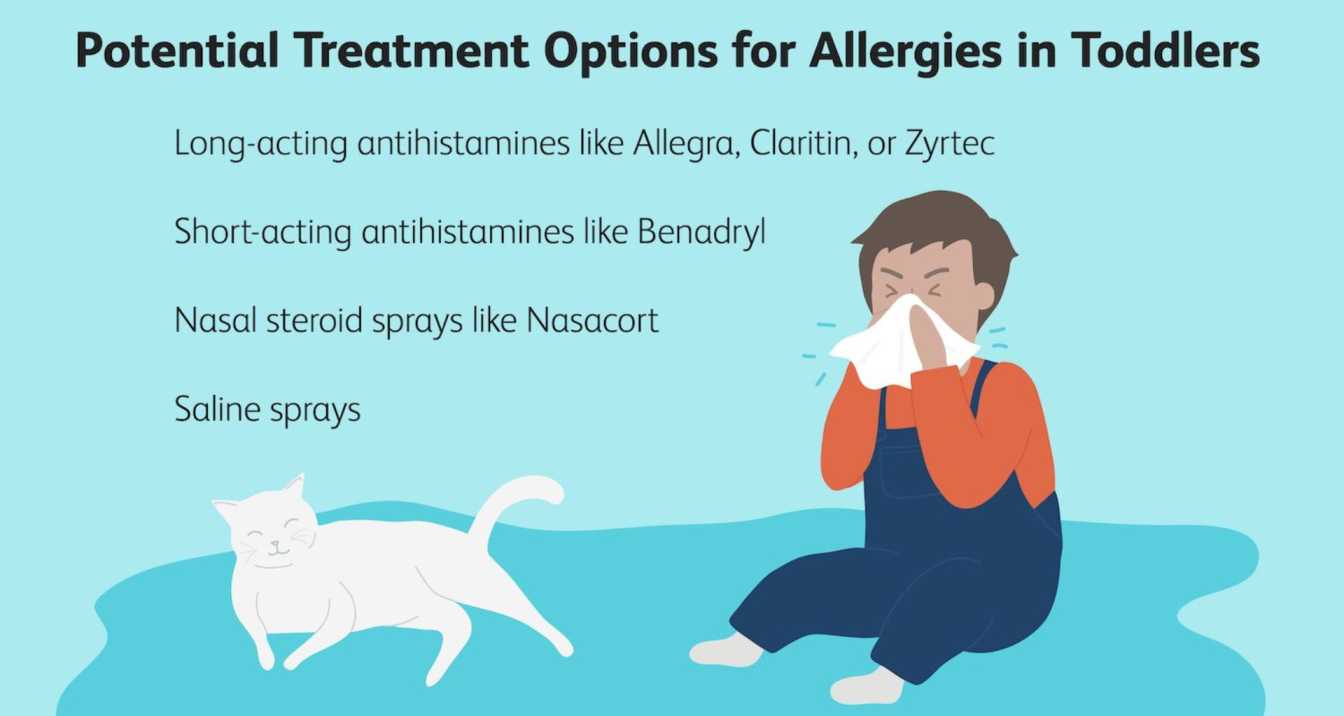What Can I Give My Cat For Allergies? | Orange Park Vets is a frequent concern for pet owners noticing symptoms like itching or sneezing in their cats. Food, environmental factors, or medications can trigger allergies in cats. Identifying the cause and knowing how to treat it is vital for your cat’s comfort and health.
To address What Can I Give My Cat For Allergies? | Orange Park Vets, common treatments include antihistamines like Benadryl for itching and sneezing, corticosteroids for severe reactions, and hypoallergenic diets for food allergies. Always consult a veterinarian for the best treatment for your cat’s allergies.
Understanding Cat Allergies
What Are Cat Allergies?

Cat allergies occur when a cat’s immune system reacts to a normally harmless substance called an allergen. Common allergens include pollen, mold, dust mites, and certain foods. When exposed to these allergens, your cat’s body releases histamines, leading to symptoms like itching, sneezing, and respiratory issues. Understanding these allergens and how they affect your cat is the first step in managing their allergies effectively.
Types of Allergies in Cats

Food Allergies Cats can develop allergies to certain proteins found in their food, such as chicken, beef, or fish. Symptoms of food allergies include itching, skin rashes, and gastrointestinal issues like vomiting or diarrhea. Switching to a hypoallergenic diet can help manage these allergies effectively.
Cats suffering from environmental allergies have these symptoms, such as sneezing, coughing, watery eyes and itching. Just like humans, cats are also allergic to mold, pollen, dust particles and various environmental factors. If you want to protect your loved one from this, keep your house clean, use an air purifier, which can reduce allergies.
Flea Allergies Flea bites can cause severe allergic reactions in cats, leading to intense itching and scratching. This condition, flea allergy dermatitis, can result in hair loss and skin infections. Regular flea control measures are essential to prevent and manage flea allergies.
Contact Allergies Some cats may be allergic to certain materials they come into contact with, such as specific types of bedding, cleaning products, or even plants. These contact allergies usually manifest as localized skin irritation and redness. Identifying and removing the allergen is key to alleviating symptoms.
Read more: why do cats chirp at birds
Common Symptoms to Watch For

Recognizing the symptoms of cat allergies is crucial for early intervention. Common signs include:
Itching and scratching Cats with allergies often scratch excessively, especially around the head, neck, and ears. Skin rashes and sores Allergic reactions can cause red, inflamed skin, and open sores due to constant scratching. Sneezing and coughing are typical symptoms of environmental allergies. Gastrointestinal issues Vomiting and diarrhea can indicate food allergies. Watery, itchy eyes Environmental allergens often cause eye irritation.
Diagnosing Cat Allergies

How Vets Diagnose Cat Allergies
Veterinarians use allergy tests (skin or blood tests) and elimination diets to identify specific allergens causing your cat’s symptoms.
Importance of Identifying the Allergen
If you are seeing symptoms of allergens in your cat, timely identification is essential. In order to provide appropriate treatment, knowing the trigger allows for targeted interventions such as hypoallergenic diets or environmental changes. Diagnosis is essential if you want your cat to be healthy and calm.
Treatment Options for Cat Allergies

There are several ways to manage your cat’s allergies effectively. Here are some common treatment options:
Over-the-Counter Antihistamines
- Benadryl for Cats: One common antihistamine is Benadryl, which can help reduce symptoms like itching and sneezing.
- Claritin for Cats: Another option is Claritin, often recommended by vets for its effectiveness in alleviating allergy symptoms.
- Always consult your veterinarian before giving any over-the-counter antihistamines to ensure your cat’s correct dosage and safety.
Prescription Medications from Your Vet
- Steroids: Your vet may prescribe steroids to reduce severe inflammation and itching.
- Immunotherapy: This involves regular injections of small amounts of the allergen to build up your cat’s tolerance over time.
- Corticosteroids: For severe cases, corticosteroids can be prescribed to manage symptoms effectively.
- It’s essential to follow your vet’s guidance when using prescription medications to ensure your cat’s safety and health.
Preventing Allergies in Cats
Environmental Control and Cleaning Tips
It is important to take these steps to create an allergen-free environment for your beloved cat. Things like cleaning regularly, vacuuming frequently, using air purifiers to reduce pollen and choosing hypoallergenic bedding for your cat to make it even safer. And wash it regularly to prevent further allergens. Also, you can choose non-toxic cleaning products to avoid chemical burns.
Regular Grooming and Bathing
Regular grooming and bathing can significantly help in preventing allergies. Brush your cat regularly to remove loose fur and dander, reducing the amount of allergens in your home. Occasional baths with a gentle, hypoallergenic shampoo can soothe irritated skin and wash away allergens. It’s also crucial to use vet-recommended flea prevention treatments to prevent flea allergy dermatitis, a common cause of allergies in cats.
When to See a Vet
| Signs That Require Immediate Veterinary Attention | How to Prepare for a Vet Visit |
| Persistent itching and scratching | Document your cat’s symptoms and duration |
| Hair loss | List all foods, medications, and products used recently |
| Difficulty breathing | Bring samples of regular food and suspected allergens |
| Swelling | Be prepared to discuss any changes in behavior |
| Severe vomiting and diarrhea |
What Can I Give My Cat for Allergies?

Over-the-Counter Antihistamines
For managing your cat’s allergies, over-the-counter antihistamines like Benadryl and Claritin can be helpful. These medications reduce symptoms like itching and sneezing. Always consult your veterinarian before giving any antihistamines to ensure safety and proper dosage.
Prescription Medications from Your Vet
In severe cases, your vet may prescribe medications. Steroids can reduce inflammation and itching, while immunotherapy involves injections to build tolerance to allergens. For severe reactions, corticosteroids may be used. Follow your vet’s guidance for any prescription medications.
Dietary Changes and Hypoallergenic Foods
Switching to a hypoallergenic diet or limited-ingredient foods can help manage food allergies. These diets make it easier to identify and eliminate allergens. Work with your vet to select the best diet for your cat.
Natural Remedies for Cat Allergies
Natural remedies like Omega-3 fatty acids, aloe vera, and quercetin can also help. Omega-3 supplements reduce inflammation, aloe vera soothes skin, and quercetin acts as a natural antihistamine. Exploring these options can ensure your cat’s comfort and well-being.
Conclusion
In conclusion, understanding What Can I Give My Cat For Allergies? | Orange Park Vets involves exploring various treatment options tailored to your cat’s specific needs. From over-the-counter antihistamines like Benadryl and Claritin to prescription medications such as steroids and immunotherapy, there are effective ways to alleviate allergy symptoms. It’s crucial to consult with your veterinarian to determine the safest and most suitable treatment plan for your cat.
FAQ
| Q: Can I give my cat Benadryl for allergies?
A: Yes, Benadryl for cats is a commonly used antihistamine to alleviate allergy symptoms like itching and sneezing. However, always consult your vet for the correct dosage and safety guidelines. |
| Q: What are hypoallergenic diets for cats?
A: Hypoallergenic diets are specially formulated to reduce allergens and are often recommended for cats with food allergies. Look for limited-ingredient foods to help identify and avoid allergens. |
| Q: How do I know if my cat has allergies?
A: Symptoms of cat allergies include persistent itching, hair loss, sneezing, and skin irritation. If you notice these signs, consult your veterinarian for proper diagnosis and treatment. |
